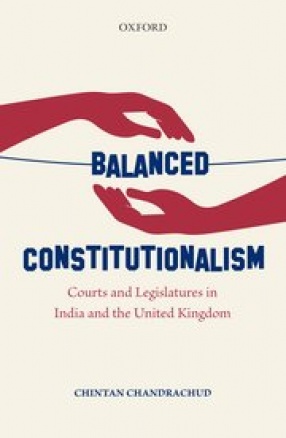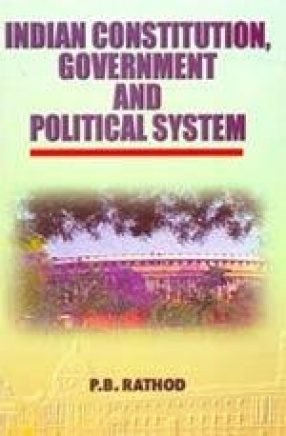The Human Rights Act (HRA) of the UK, enacted in 1998, provoked particular interest amongst scholars. Unlike systems of parliamentary sovereignty and judicial supremacy, it promised a new, ‘balanced’ model for the protection of rights, which conferred courts with a limited power of review over legislation. Under this new model, rights-based decision-making was expected to be balanced amongst courts and legislatures, rather than lopsided in favour of either. Indian courts, on the other hand, have always been constitutionally entrusted with the power to strike down primary legislation enacted by the Union and state legislatures.
This book examines the promise of the new model against its performance in practice by comparing judicial review under the HRA to an exemplar of the old model of judicial review, the Indian Constitution. It argues that although the HRA fosters a more balanced allocation of powers between legislatures and courts than the Indian Constitution, it does so for a novel reason. Balanced constitutionalism is not achieved through the legislative rejection of judicial decision-making about rights. Instead, the nature of the remedy under the HRA enables British courts to assert their genuine interpretations of rights in situations in which Indian courts find it difficult to do so.





There are no reviews yet.